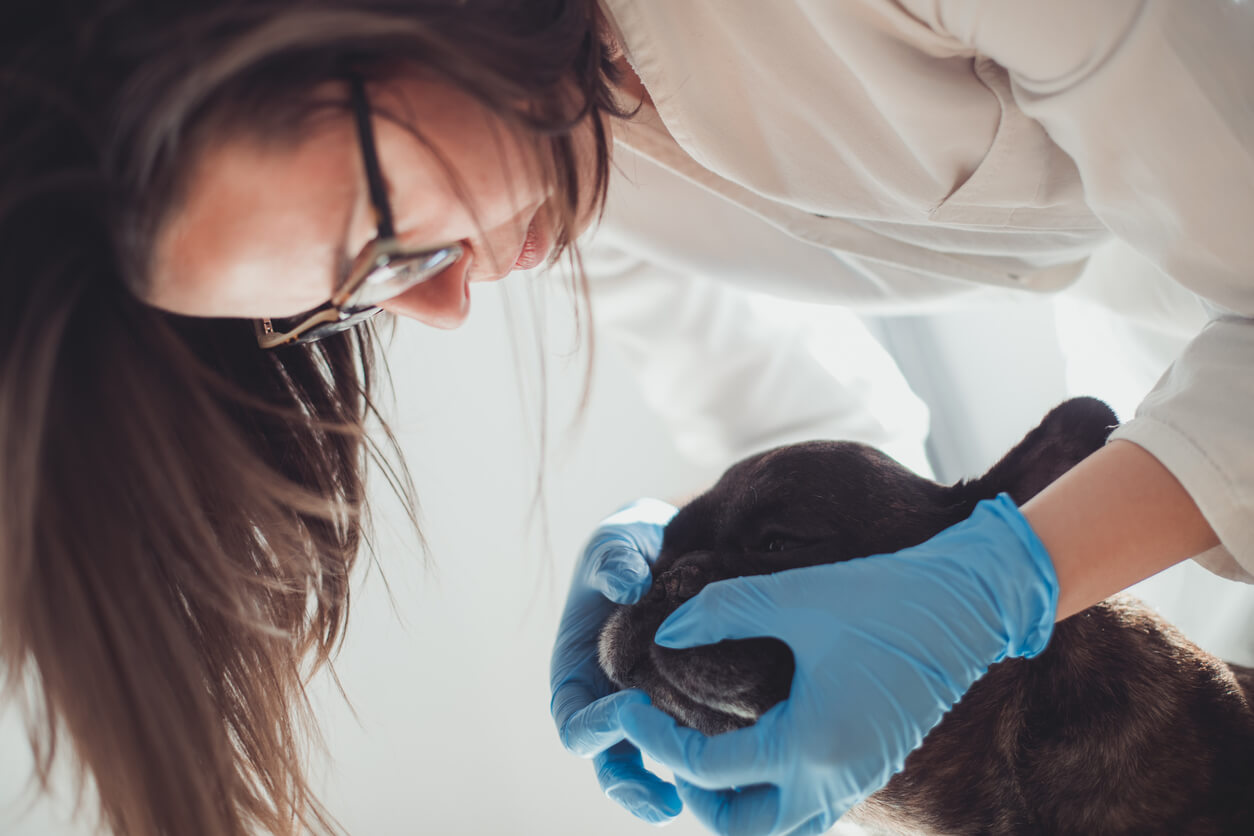If you have an interest in becoming a veterinarian, you probably have a general idea of the daily tasks associated with veterinary practice. Veterinarians perform wellness exams, diagnose sick pets, and perform routine surgeries. In fact, for many veterinarians, surgery is a big part of the job. However, the thought of surgery makes some prospective veterinarians squeamish. If you fall into this category, don’t fret. As we discuss in this article, there are many paths available for veterinarians who don’t want to perform surgery.
Veterinary Specialties That Don’t Involve Surgery
If you are considering becoming a veterinarian, but you’d rather not perform surgery, there are many different veterinary paths available for you to take. The following veterinary specialties don’t involve surgery.
Anesthesia: Anesthesia specialists are an important part of every surgical procedure. However, they don’t actually operate on animals. Rather, these veterinarians focus entirely on making sure their patients are anesthetized during surgery.
Animal welfare: Some veterinarians specialize in animal welfare. This specialty doesn’t involve surgery.
Behavior: Rather than operating on animals, behavior veterinarians focus on correcting unwanted animal behavior patterns.
Dermatology: Although dermatologists occasionally perform minor procedures like skin biopsies, most dermatology work is non-surgical.
Oncology: Veterinary oncologists treat pets that have cancer. Although animals with cancer often require surgery, veterinary oncologists don’t usually perform such procedures themselves.
Small and large animal internal medicine: The work of small and large animal internal medicine specialists involves complicated disease processes. Much like veterinary oncologists, internal medicine specialists often work with veterinary surgeons when surgery is needed for their patients. Therefore, most small and large animal internal medicine veterinarians don’t have to perform surgery.
Microbiology: Veterinarians who specialize in microbiology study things like bacteria, fungi, and viruses. This line of work doesn’t involve surgery.
Nutrition: Veterinary nutritionists create healthy diets for animals. Surgery is not part of the job.
Pharmacology: Pharmacology veterinarians don’t perform surgery. Rather, they focus on how medications affect animals.
Preventative medicine: Preventative medicine veterinarians study the ways that diseases are spread and how they can be prevented.
Radiology: Although the work of radiology veterinarians helps guide the work of surgeons, radiologists do not perform surgery. Rather, veterinary radiologists study CT scans, X-rays, ultrasounds, MRIs, and other imaging procedures.
Sports medicine and rehabilitation: These types of veterinarians often work with animals following surgery. They don’t, however, actually perform surgery.
Toxicology: Toxicology veterinarians study toxic substances, and they don’t have to perform surgery on animals.
Contact Our Experienced Veterinary Attorneys
Whether you are an established veterinarian or you’re just getting started, you need a veterinary practice attorney on your side. At Mahan Law, we understand the veterinary business. Founded by veterinary hospital owner Anthony Mahan, Mahan Law is dedicated to helping veterinarians with all facets of the veterinary business. If you need veterinary legal assistance, please contact us to schedule a consultation.

